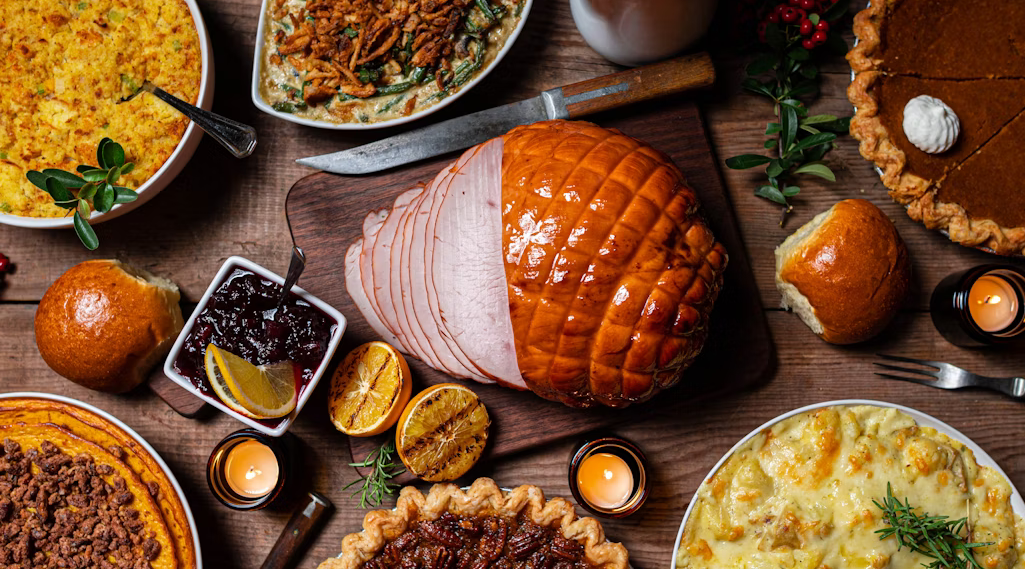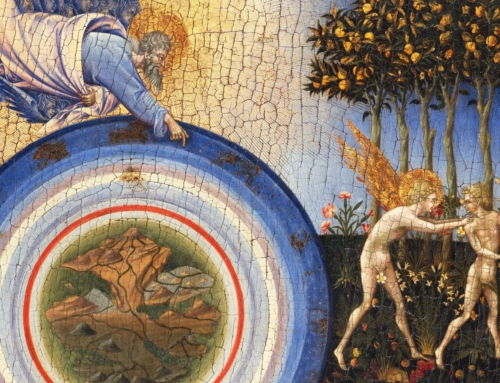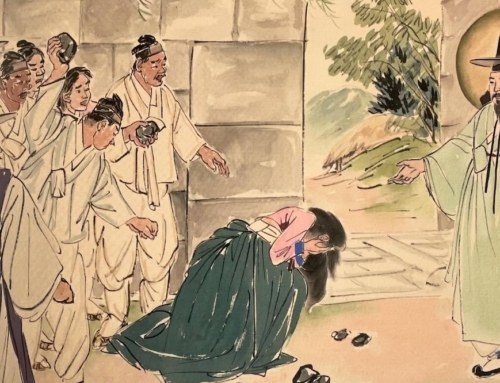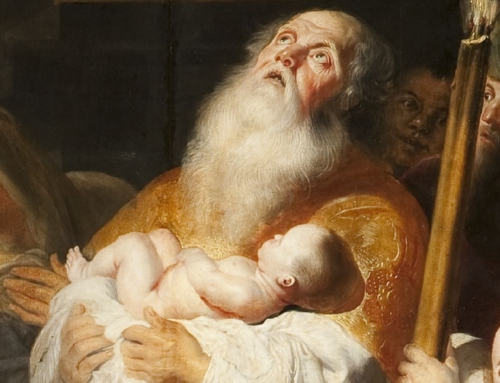I know two people who would be thrilled if Thanksgiving ceased to exist. One of them was my eighth grade Latin teacher. He was astonished that anyone could love that holiday. “Will you still love it after eating leftover turkey for the twentieth day in a row?” The second was my high school soccer coach. He noticed that the Monday after Thanksgiving, we were out of breath before we began running. “You ate too much pie! No wonder you can’t score!” Both criticisms point to a common Thanksgiving experience: eating too much food. But what if the abundance at this holiday meal can tell us something important about our lives?
We can explore the deeper meaning of abundance with the Parable of the Prodigal Son (Luke 15:11–32). You know the story. After spending his inheritance on vicious revelry, the younger son returns to the father, who throws a huge celebration. But what about the older son? The older son is upset at the father because he didn’t get a party. He focuses only on what he lacks, and he suffers tremendously by living in a world defined by privation. The older son obsesses over what he does not have, so he finds the generosity of the father completely repulsive. Lacking in visible goods, the older son rejects the more important invisible good: the love of his father. But the father’s love has not abated—he is still supremely generous. The father himself says as much in a line that should give everyone pause: “My son, you are here with me always; everything I have is yours” (Luke 15:31).
Everything I have is yours.
This line is shocking because it indicates that the older son could have had it all. In fact, he does have it all, but he never asked for it. He could have had the fattened calf whenever he wanted—the father was ready to give it. But the older son never embraced the father’s love. Despite living in his father’s house with everything he could ever desire, he lived in complete poverty. While the younger son is longing for the food of swine, the older son is also living in complete destitution. He never accepted the generous abundance of the father, even though he lives in the father’s house. Surrounded by everything, his hard-heartedness leaves him with nothing.
Thanksgiving helps break our own hard-heartedness by reminding us that we are called to attend the heavenly feast. At this divine feast, we have everything our hearts could desire. Scripture describes this feast as having juicy, rich food and fine, choice wines (Isa 25:6). Our hearts will be overflowing with the Lord’s goodness. The abundance of these gifts is due to the sheer love of God the Father, who is willing to give us everything. Although we will only experience the fullness of this feast in heaven, God lets us share in his abundance right now. The point of our current abundance is to point us to the even greater invisible abundance: the love of our heavenly father. And so, the daily blessings we have—friends, life, food, shelter, the sacraments, books, you name it—it’s all from the Lord. But the Lord gives it to us to remind us of what is even more important and real: his deep love for us, his children. To all his sons and daughters, our heavenly Father says, “Everything I have is yours.”
Thanksgiving helps us understand what that “everything” means, preparing our hearts to receive what is good. It seems like there’s endless turkey, stuffing, bread, potatoes, and pies. Yes, there will be leftovers, and yes, you will probably take an afternoon nap. But that is precisely the point. The tangible examples of abundance here on earth point to the greater abundance that God wants to share with us. Our heavenly Father gives us these many visible gifts to remind us of his invisible love for us.
So, go on, have some more food! When you make it to the pumpkin pie, recall the abundance of God: He is our Father who has given us many good gifts. All these gifts show the radical love that God has for us.
✠
Image: Photo by Jed Own on Unsplash







